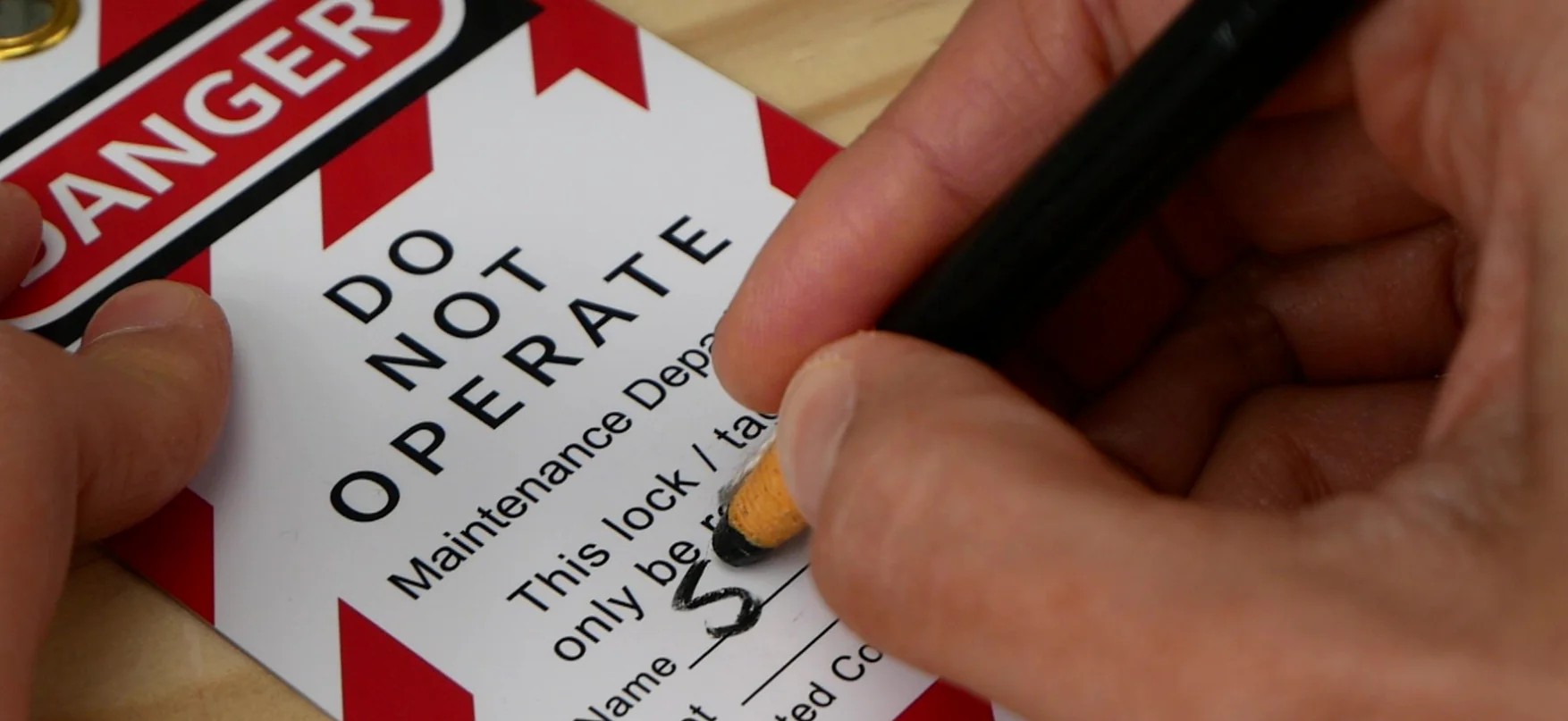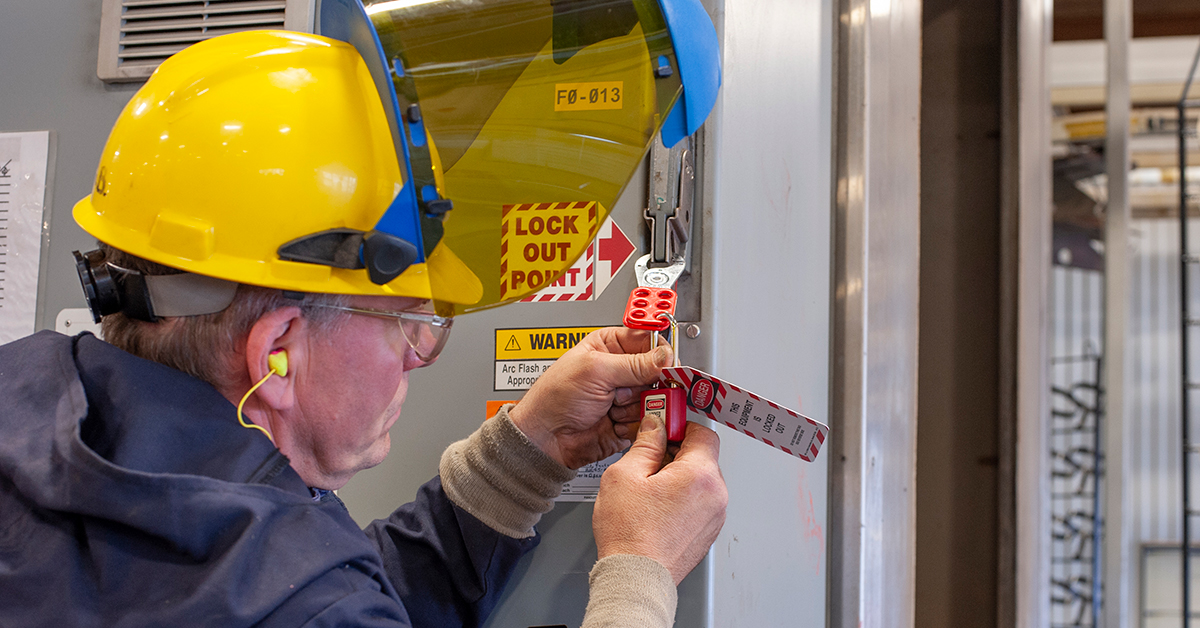.png)
18 Jul 2024
In recent years, the integration of Environmental, Social, and Governance (ESG) goals into business strategies has become more than a trend—it's a necessity. As companies worldwide recognize the importance of sustainable practices, the role of plastic reduction emerges as a critical component of achieving ESG objectives. This blog explores how plastic reduction efforts contribute to broader ESG goals and highlights real-world examples, case studies, and statistics to underscore the significance of this intersection.
The Growing Importance of ESG Goals
ESG goals provide a framework for companies to operate responsibly and sustainably, addressing environmental impact, social responsibilities, and governance practices. Investors, consumers, and stakeholders increasingly demand transparency and accountability in these areas. According to a 2021 report by the Global Sustainable Investment Alliance, sustainable investment assets reached $35.3 trillion, a 15% increase since 2018, demonstrating the growing emphasis on ESG factors.
Plastic Reduction: A Key Environmental Focus
Plastic pollution poses a significant threat to the environment, with over 8 million tons of plastic entering the oceans annually (National Geographic). Reducing plastic usage not only mitigates environmental damage but also aligns with the 'E' in ESG—Environmental sustainability. Companies that proactively reduce plastic waste can significantly impact their overall ESG performance.
Unilever’s Sustainable Living Plan
Unilever, a global consumer goods company, has made substantial strides in integrating plastic reduction into their ESG strategy. In 2010, Unilever launched the Sustainable Living Plan, aiming to halve its environmental footprint by 2030. One of the key targets was to reduce the weight of packaging used and increase the use of recycled materials.
By 2020, Unilever had achieved a 15% reduction in the weight of its packaging and committed to ensuring all of its plastic packaging is reusable, recyclable, or compostable by 2025. This commitment not only enhances Unilever's environmental sustainability but also boosts its social and governance credentials by addressing consumer concerns and regulatory expectations.
IKEA’s Commitment to Plastic Reduction
IKEA, the world's largest furniture retailer, has committed to eliminating all single-use plastic products from its range by 2020 and ensuring all plastic used in its products is recycled or based on renewable materials by 2030 (IKEA’s Sustainability Strategy). This bold move aligns with IKEA's broader sustainability goals and demonstrates its commitment to environmental responsibility.
Moreover, IKEA's efforts extend beyond its products. The company has implemented various initiatives in its supply chain to minimize plastic use and promote recycling. For instance, IKEA partnered with the Ellen MacArthur Foundation to support the New Plastics Economy initiative, aiming to build a circular economy for plastics.
The Business Case for Plastic Reduction
Reducing plastic usage not only benefits the environment but also makes good business sense. Companies that adopt sustainable practices often see improved brand reputation, increased customer loyalty, and even financial performance. According to a study by Nielsen, 73% of global consumers say they would definitely or probably change their consumption habits to reduce their environmental impact.
Plastic Reduction Impact
- Environmental Impact: A study published in Science Advances found that only 9% of the plastic waste ever produced has been recycled, while about 12% has been incinerated and 79% accumulated in landfills or the environment.
- Economic Benefits: The Ellen MacArthur Foundation estimates that by 2050, a circular economy for plastics could deliver $1.3 trillion in savings across various sectors globally.
- Consumer Preferences: According to a survey by Accenture, 83% of consumers believe it’s important for companies to design products that are meant to be reused or recycled
OSHEPRO’s Commitment to ESG and Plastic Reduction
At OSHEPRO, we recognize the importance of integrating ESG principles into our business operations. Our commitment to sustainability and social responsibility is reflected in our ongoing efforts to reduce plastic usage and promote environmentally friendly practices.
Six Strategies for Integrating ESG into Your Business
In today’s business world, sustainability is no longer optional—it's essential. Embracing Environmental, Social, and Governance (ESG) principles can elevate your business, driving long-term success and positive impact.
Just like any other business segment, ESG needs a well-crafted strategy to thrive.
- Define Your ESG Vision: Develop a clear and compelling ESG vision that aligns with your business objectives and resonates with your stakeholders.
- Engage Leadership: Ensure your board and senior leaders are fully committed to ESG, setting the tone for the entire organization.
- Embed ESG in Operations: Incorporate ESG principles into your daily operations, from procurement to production, ensuring sustainability at every step.
- Foster a Culture of Sustainability: Cultivate an organizational culture that values and prioritizes ESG, encouraging every employee to contribute to sustainability goals.
- Communicate Transparently: Regularly communicate your ESG efforts and achievements to stakeholders, building trust and demonstrating accountability.
- Measure and Improve: Establish robust metrics to track ESG performance, using the data to continuously improve and drive meaningful change.
By following these six strategies, you can create a robust ESG framework that supports sustainable growth and enhances your corporate reputation. Download our quick guide for detailed insights and practical tips to get started on your ESG journey.
















.png)



.png)


.png)




.jpg)









